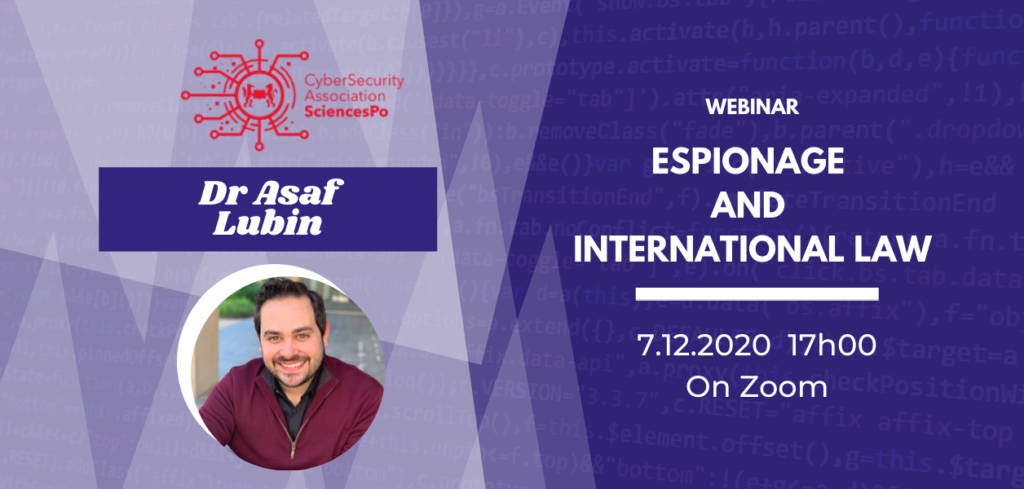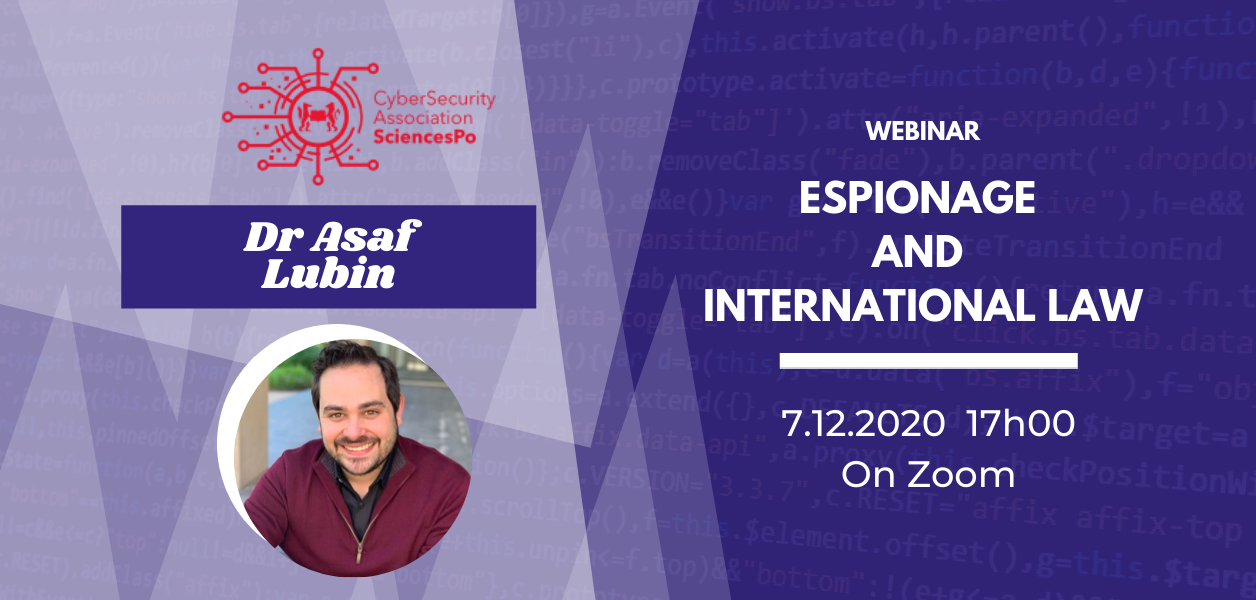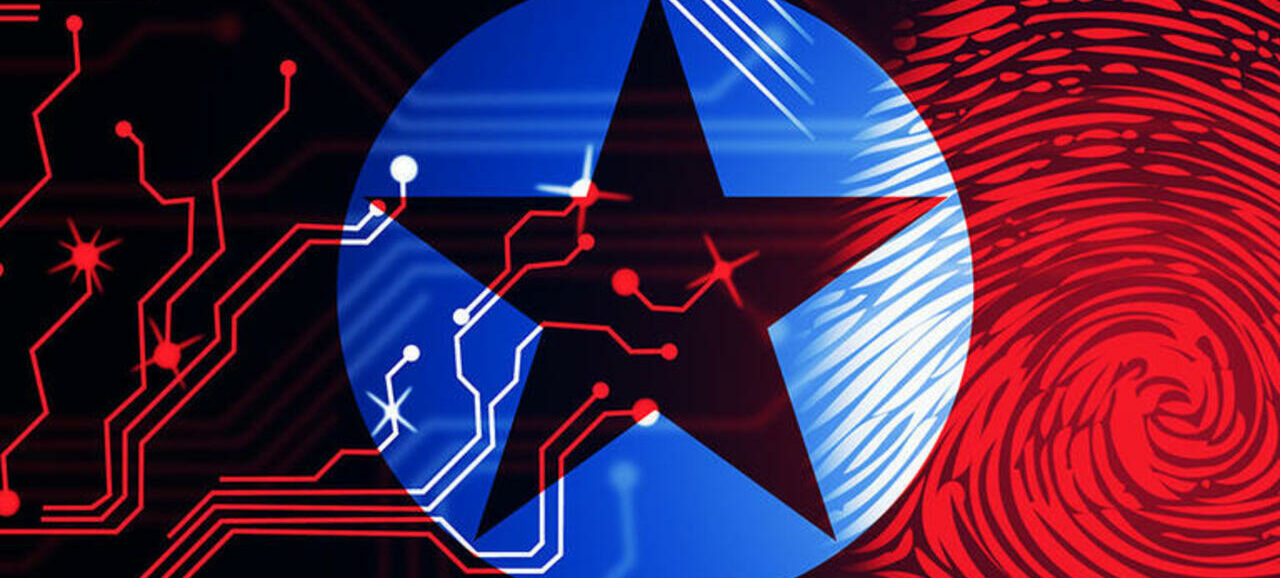
The Sciences Po Cyber Security Association Masterclass with Prof. Dr. Asaf Lubin tackled the issue of Espionage and International law. As an experienced scholar at the Maurer School of Law in Bloomington, IN, Lubin focuses his research on international and cybersecurity law. The masterclass was concentrated on the topic of legality of intelligence operations, and current issues in the field were discussed. As technology advances, international law became more porous in terms of accountability and legality of different types of espionage and the breach of national sovereignty.
Lubin raised the question of a problematic drawing line when it comes to new forms of state espionage. Though the U.N. Charter outlaws territorial espionage as a breach of national sovereignty, territoriality today is not the most important aspect. Not only, that the current international law permits extra-territorial intelligence gathering, but in terms of cyber capabilities the law is not applied.
“If a hacker in Germany connects through Belgian, Korean and Canadian VPN to Kenyan server to gain access to the U.S. Embassy in Jordan to reach data stored in Washington D.C., whose sovereignty was violated?”
The paradox of legally framing an inherently secretive action is, according to Lubin, possible to resolve with espionage “lex specialis”. As not all secrets bear the same value, the intelligence agencies already publish more de-classified documents, to let some light shed on their operations. Even though Lubin expressed a rather pessimistic view on states’ willingness to accept a binding international codification of espionage activities, something called a “cyber 9/11” has the potential to advance the regulation.



